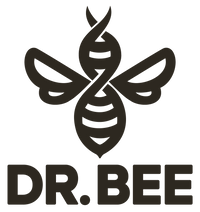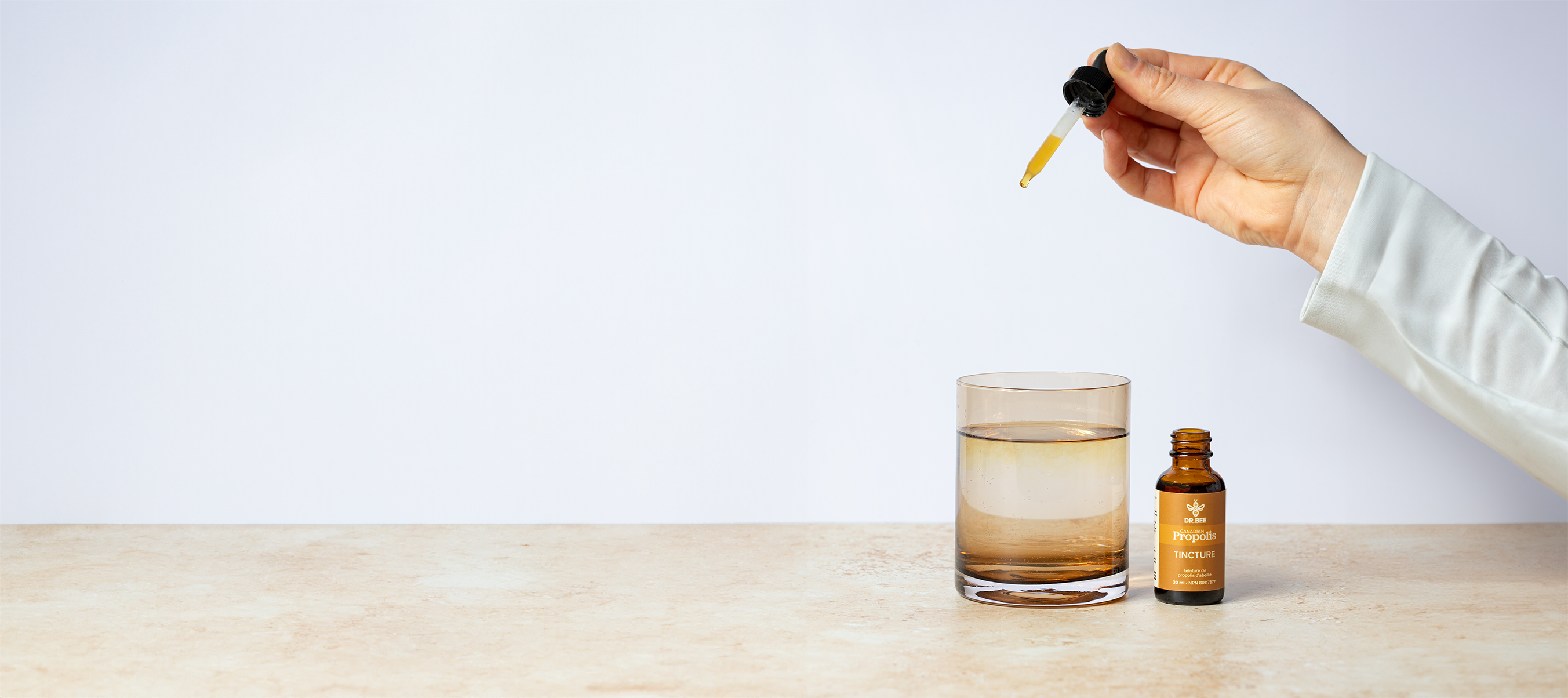How Bee Propolis is Made & How it Protects the Hive
The process of making bee propolis starts with the bees collecting sap from various nearby plants. They then mix the resin with enzymes from their saliva and wax flakes from their bodies to create a sticky and highly antimicrobial substance. The bees use their mandibles to shape and spread the propolis throughout the hive, sealing gaps and strengthening the hive's structure.
Beekeepers will encourage propolis production using specialized propolis mats that contain many small holes. The mats are placed in the hive (they typically replace the inner cover) and are removed again once the honey bees have covered it with propolis. The mat is then frozen to make the propolis more brittle and easier to remove. Raw propolis is unsuitable for most human applications due to the presence of wax. Therefore, the next step in creating a usable bee propolis product is to dissolve the raw propolis and remove any wax. Any debris (plant matter, bee parts, etc.) is also removed at this stage. The dissolved extract can now be used in a tincture or throat spray, or added to a variety of other products like salves or soaps.
Bee Propolis Benefits
• Bee propolis' antibacterial properties help to combat harmful bacteria and infections.
• It contains antioxidants that fight free radicals, helping to protect cells from damage and reduce inflammation.
• It supports the immune system by enhancing the body's natural defences.
• Propolis accelerates wound healing and tissue regeneration, making it useful for treating cuts, burns, and other skin injuries.
• It has been shown to inhibit plaque formation and reduce oral bacteria, promoting oral health and preventing cavities.
• Propolis is used in skincare products for its ability to soothe, moisturize, and protect the skin, making it effective for treating acne, eczema, and other skin conditions.



